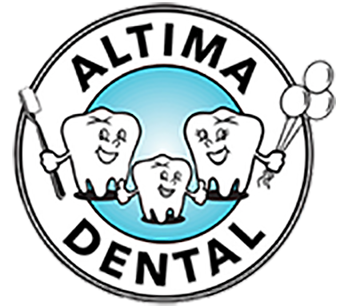Sleep apnea is a serious and potentially life threatening disorder involving repeated pauses in breathing while asleep. The most common form of this condition is obstructive sleep apnea. This occurs when there is an obstruction of an individual’s airway that interferes with the flow of oxygen through the nose or mouth during sleep. In someone afflicted with obstructive sleep apnea, the muscles of the throat and mouth relax during sleep to the point where they fall back into the upper airway and create a blockage that restricts breathing.
The signs and symptoms of this disorder during sleeping hours may include, loud snoring, episodes of breathing cessation, abrupt awakenings, episodes of gasping for air, along with difficulties getting a good night’s sleep. An individual with sleep apnea will exhibit problems during the day as well. Sleep apnea can lead to a morning headache, excessive daytime sleepiness, difficulty concentrating, and irritability.
A sleep study is typically conducted to determine the severity of the disorder. The results of this study along with other medical findings will play a role in determining the recommended therapy. The most common form of therapy is a CPAP machine that is worn when sleeping. This device provides a steady stream of pressurized air into the respiratory system through a mask.
In situations of mild to moderate sleep apnea, a dental appliance may be deemed the appropriate treatment. Worn in a similar fashion to a mouthguard or an orthodontic retainer, it is designed to help keep the tongue and soft tissues in the back of the throat from collapsing, thereby enabling the airway to stay open during sleep. An oral appliance is easy to wear, easy to care for, comfortable, and portable. Oral appliances are individually fabricated, and customized for both maximum effectiveness and comfort.
Snoring Appliances
Getting a full night of sleep is essential to your overall health. Being well rested helps you to feel good and to function at your best. One of the most common problems that can affect the quality of your sleep is snoring. According to statistics about 90 million individuals in the United States snore while they sleep. While for about half of these people the problem is simply snoring, the others may be afflicted with a serious disorder known as sleep apnea. Therefore, before any type of treatment can be prescribed, it must be determined whether the problem is sleep apnea or “simple” snoring.
If it is determined that your problem is simply snoring, and you are what is known as a primary snorer, then an oral appliance can help you as well as any of your roommates enjoy a quieter and more comfortable sleep. A custom fabricated oral appliance to address snoring fits somewhat like a sports mouthguard or orthodontic retainer and is only worn while you sleep. As a removable and non-invasive treatment for snoring, your appliance slightly repositions your jaw to allow for a less restricted airflow to promote a quieter and more restful sleep.
